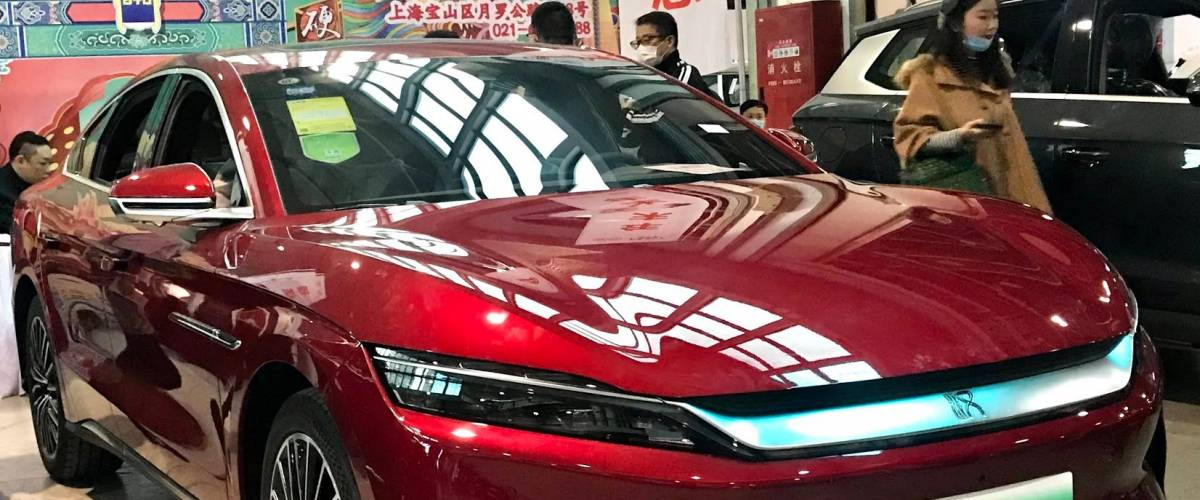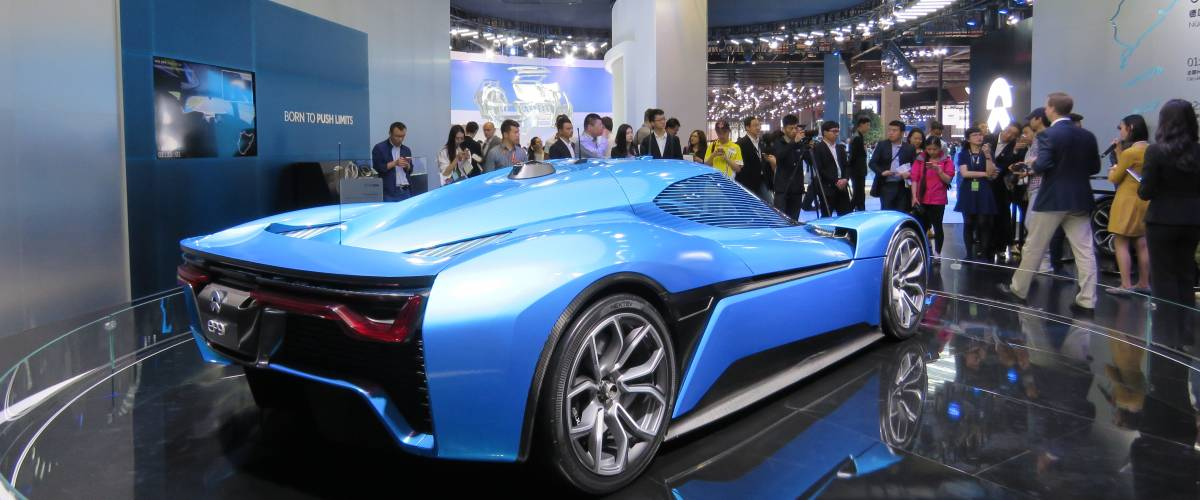Buffett turned millions into billions without relying on Tesla or Rivian. Here's how.

After a white-hot early November, electric vehicle stocks have declined sharply over the past month or so. But for investors who got in early enough and stuck around, the returns are still solid.
Rivian Automotive, which debuted on Nasdaq last month at $78 per share, continues to trade near $100. And Lucid Group, which went public through a SPAC deal this summer, remains up 55% over the past two months.
Then there’s Tesla, which despite its recent pullback, is up a whopping 2,210% over the last five years.
Warren Buffett isn’t known for chasing hype, but that doesn’t mean he’s missing out on the EV boom.
In fact, Buffett bought into the industry more than a decade ago. He poured hundreds of millions into Chinese electric-vehicle maker BYD, and that bet continues to pay off handsomely.
Here’s a look at the legendary investor’s favorite EV stock — along with two other Chinese manufacturers.
BYD (BYDDY)

In 2008, Buffett’s company Berkshire Hathaway bought 225 million shares of BYD for $232 million.
Berkshire’s latest shareholder letter shows it still held those shares as of Dec. 31, 2020 — except their market value had surged to roughly $5.9 billion.
Considering that BYD has gone up another 25% this year, Buffett’s company would have racked up another $1.48 billion gain on that position, assuming he hasn’t sold any shares.
And there’s more to the company than just hype. In Q3, BYD sold 183,000 new electric vehicles (including hybrids), up 294% year over year. And when it comes to pure EVs, the company sold 91,616, representing a 186% increase.
But despite its entrenched position, BYD shares are not listed in America. They only trade over the counter here, so you would need to use a specialized broker. Thankfully, other fast-growing Chinese EV makers have made it to U.S. stock exchanges.
NIO (NIO)

NIO is one of them.
The company entered the market in December 2017 with a seven-seat premium electric SUV called the ES8. One year later, it debuted the ES6, and in late 2019, NIO added a five-seat “crossover coupe” SUV called the EC6 to its lineup.
The company delivered 24,439 EVs in the third quarter of this year, doubling the number of EVs delivered during the same period last year. As of Nov. 30, cumulative deliveries of NIO’s three models have surpassed 156,000 vehicles.
NIO shares have been on a roller coaster ride. Last summer, the stock was trading at less than $10. It skyrocketed to over $60 during the meme stock frenzy earlier this year, before losing a good chunk of the gains. Today, shares are trading at around $30 apiece.
XPeng (XPEV)

XPeng is another Chinese EV company trading in the U.S. stock market.
It went public in August 2020 with an IPO price of $15. Thanks to the market’s huge appetite for EV stocks over the past year, XPeng shares have climbed to over $40 apiece.
Again, it’s not just hype — business is booming. The automaker is rapidly ramping up production.
In Q3, XPeng delivered 25,666 EVs, representing a 199.2% increase year over year and marking a new quarterly record.
Meanwhile, total revenue jumped 187.4% year over year to $887.7 million for the quarter.

